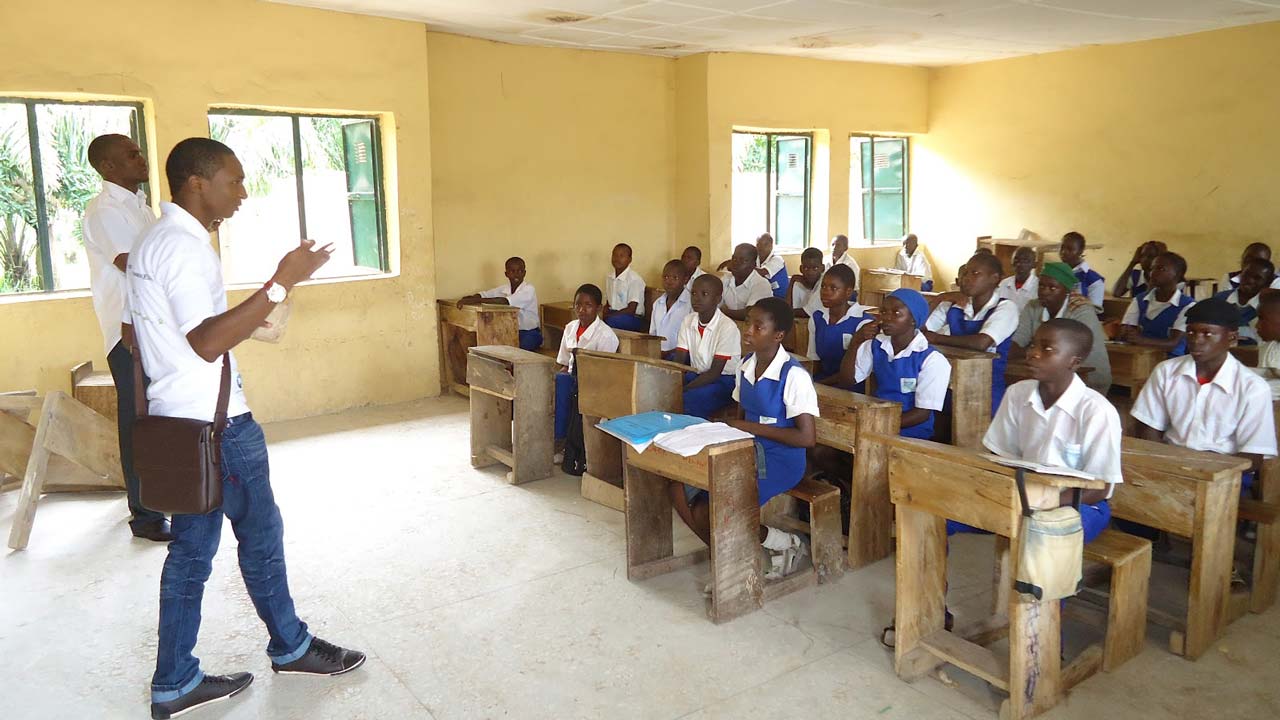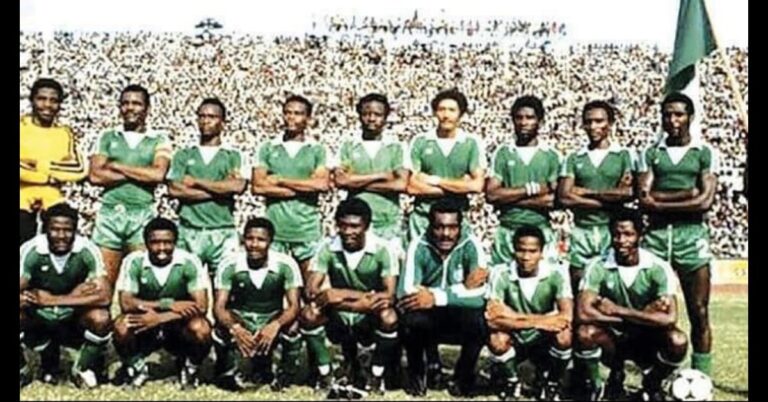Walk into many public schools in Nigeria, and you’ll notice a painful truth: our teachers are suffering. Despite playing one of the most critical roles in society, many teachers struggle financially, dress modestly out of necessity, and constantly search for ways to make ends meet.

But why do Nigerian teachers often look poor — and more importantly, why are they financially unstable?
Corruption and Neglect in Education
Corruption has drained the life out of Nigeria’s education system. Although the government allocates billions of naira annually, a large portion never reaches the classrooms. This topic connects closely with our Nigerian Life section, where we highlight other sectors facing similar neglect.
Officials divert funds into private pockets, and politicians treat education as a tool for gaining votes, not for developing the nation.
- Go months without receiving salaries
- Work without necessary teaching materials
- Teach in broken or unsafe buildings
The system has ignored their struggles for too long.
Low Salaries and Late Payments
Most public school teachers earn between ₦30,000 and ₦60,000 per month — far below Nigeria’s cost of living. Inflation rises, but their income remains stuck. For comparison, see how professionals supplement income in our Tips & Guides section.
Even worse, local governments often delay salary payments, forcing teachers to survive without pay for months. As a result:
- Many start side hustles — selling recharge cards, food items, or even working as cleaners
- They borrow money frequently just to feed their families
- Some fall into depression or burnout
This financial pressure affects both their well-being and the quality of their teaching.
Society Undervalues Teachers
In Nigeria, society rarely respects teachers. Unlike bankers, tech workers, or politicians, teachers receive little public recognition. This neglect mirrors issues we often discuss in App & Product Reviews — where innovation thrives but education lags behind.
People ignore their efforts, and this lack of respect affects their confidence and how they’re treated within communities. Teachers, who shape the future, often feel invisible.
Teachers Are Leaving the Profession
Due to poor working conditions, thousands of teachers have:
- Switched careers entirely
- Migrated abroad (joining the “Japa” wave)
- Turned to ride-hailing or street trading for better income
This brain drain leads to lower-quality education and fewer role models for students. Many now explore digital skills or online income streams through resources in our Make Money Online category.
Their Appearance Doesn’t Define Their Worth
Some Nigerians judge teachers based on their clothing or lifestyle, but that’s unfair. Their outward appearance reflects decades of systemic failure, not laziness or incompetence. Read more about similar social misconceptions in our Nigerian Life articles.
Many of these teachers remain dedicated and hardworking, despite the odds stacked against them.
What Can We Do?
To change things, both the government and the public must act:
- Increase and pay salaries on time
- Eliminate corruption in educational funding
- Support teacher training and upskilling programs
- Show teachers more respect and public appreciation
- Let private organizations assist in funding infrastructure and tools
Without change, Nigeria risks losing its educators to other professions or countries. Explore solutions in our Find Jobs and Tech & Gadgets sections — where we highlight opportunities that can empower educators digitally.
Final Thoughts
Nigerian teachers look poor not because they lack ambition — but because the system has failed them. If Nigeria hopes to move forward, it must value its teachers. They are the foundation of every doctor, engineer, and leader.
Let’s stop ignoring them. Let’s start supporting them.




















